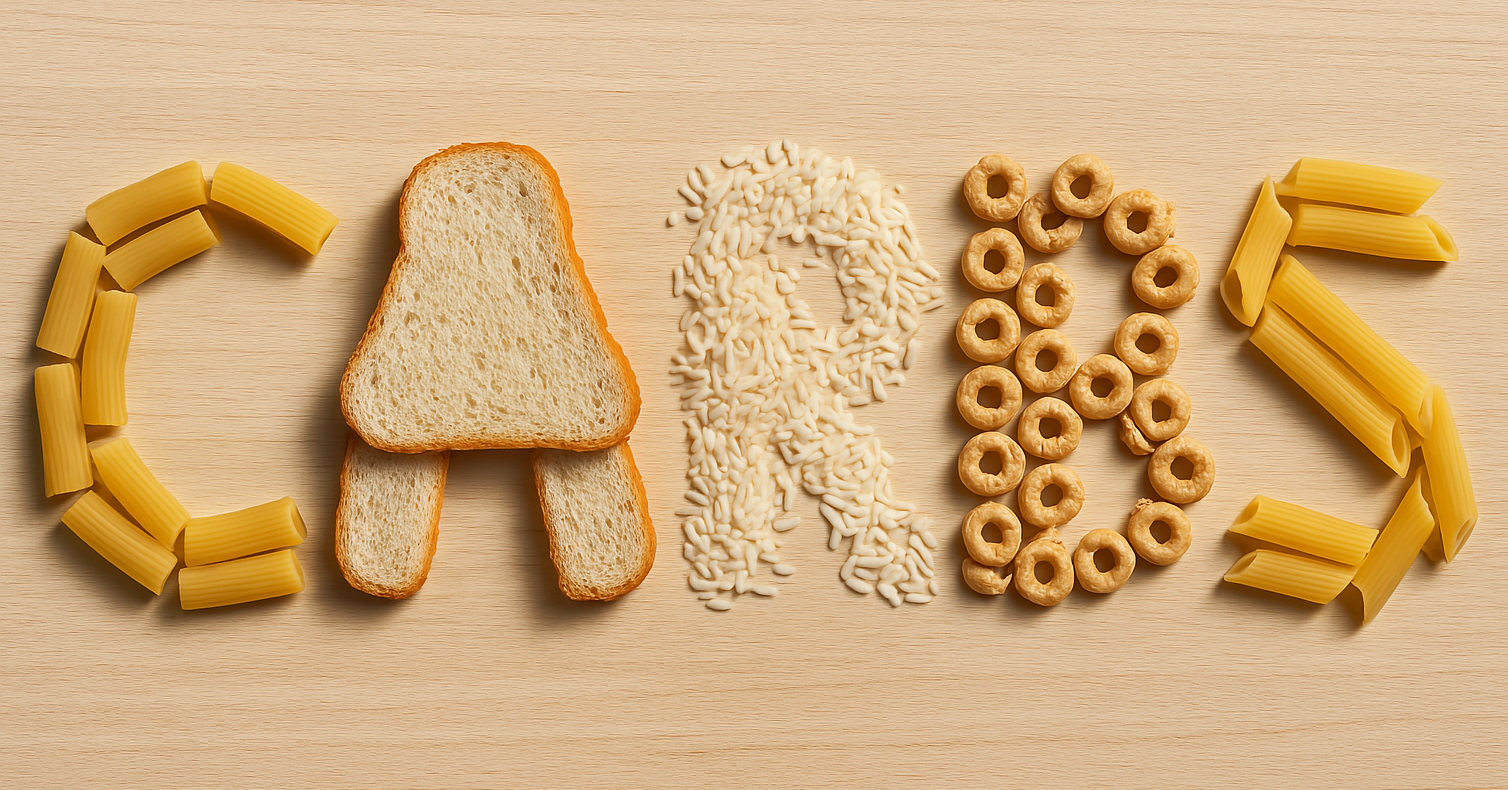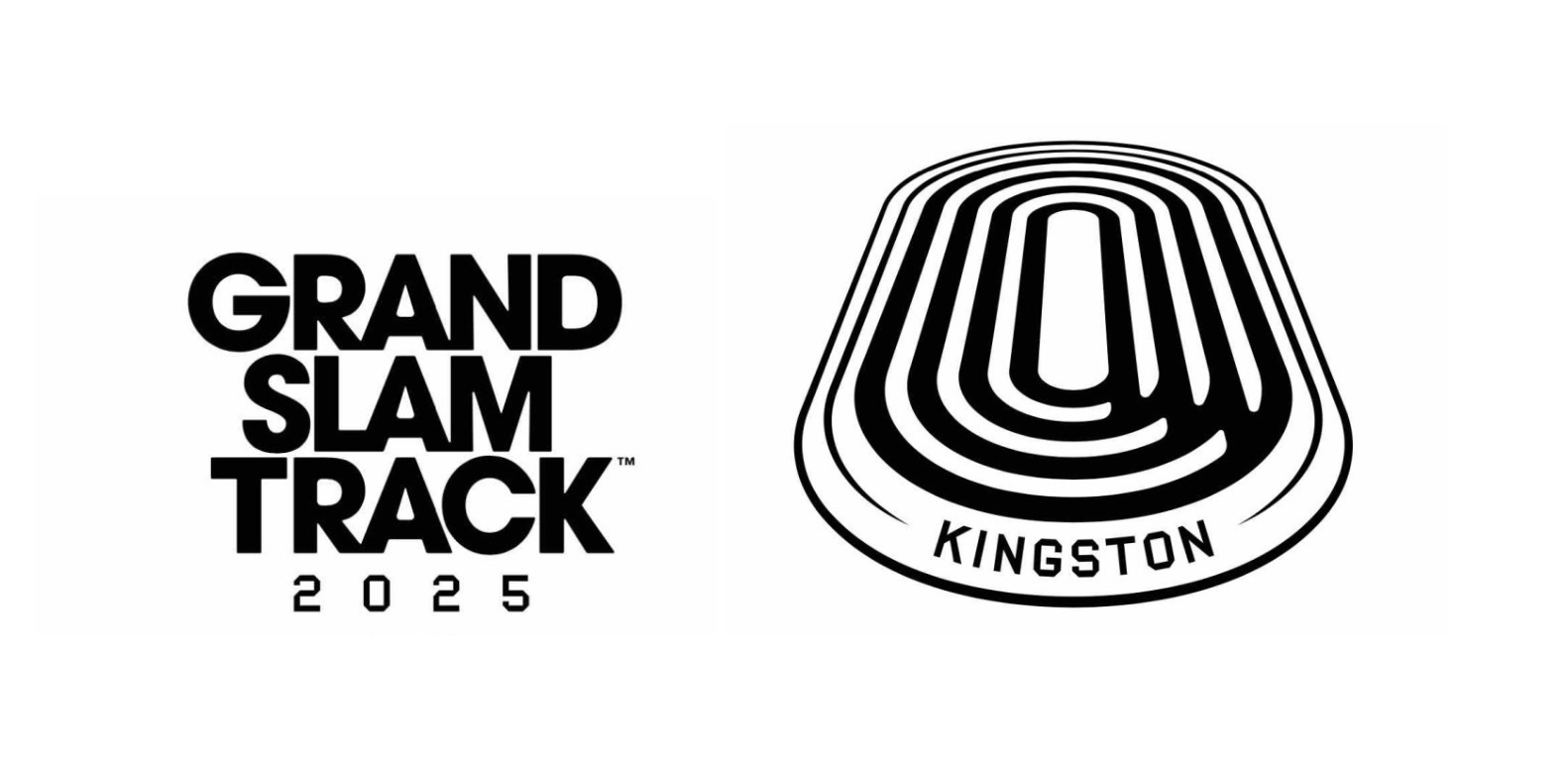What Is A Long Run?

It’s the longest run you do each week and it’s the most important run you do while training for longer races like half marathons, marathons and ultramarathons, but why should you do long runs and how long should a long run be?
In this guide to long runs, we’re looking at:
- What Is A Long Run?
- Why Is A Long Run Important?
- How Far Should You Run On Your Long Run?
- The Different Types Of Long Run
- Good Examples Of Long Run Workouts
- Top Tips For Long Runs
- Long Runs For Ultramarathon Training
WHAT IS A LONG RUN?
This is the longest run you’ll do in a week. Almost every training programme will have one long run per week.
The length of your long run will depend on what you’re training for and where in the training block you are. If you’re training for a 5km or 10km then you will do shorter overall runs compared to marathoners and ultramarathoners.
Is there a distance at which a run counts as ‘long’? We don’t think there is. Some runners might see 30-45 minutes as their long run, while others will start calling it a long run at 16 miles.
WHY IS A LONG RUN IMPORTANT?
Long runs are essential to build up our fitness, endurance, strength and resilience to running. We gradually increase the distance of our long run over a training block and as we do that, we become stronger and fitter.
Long runs can seem daunting at the beginning of a training block (no matter how often you’ve trained for something like a marathon), but if you train well then it feels like a natural progression to add a little more each week.
The benefits of long runs include improving cardiovascular fitness, increasing your physical strength, having the chance to practise your run fuelling and hydration, they let you learn any weaknesses you may have (those aches you feel in the final miles can tell you where to need to add more strength), they can help your mental resilience, and they build up your confidence towards a race distance.
If you want to run a marathon, then your long run is the most important run you’ll do each week, and you should prioritise this run over all others as this is the training run which will best prepare you for your race.
HOW FAR SHOULD YOU RUN ON YOUR LONG RUN?
This depends on what you’re training for, so we’ll break this into a few sections. We cover ultramarathons separately.
No specific training goal: Feel free to run whatever feels good to you. That could be 45 minutes or two hours, or even further if you’re well-trained, just don’t let the long run be more than 40% of your total weekly volume (so if you run 50 miles a week, that’s a 20 mile long run).
Training for 10km: If you’re running your first 10km, then you’ll gradually increase your distance to eight or nine kilometres. If you’ve already completed a 10km before then your long run may be 60-90 minutes. At 90 minutes you’re probably covering more than 10km in training but that extra distance is great for making you a stronger, fitter runner.
Training for a half marathon: If you’re training for your first half marathon then your longest training run will likely be 10-12 miles (16-20km). If you’re an experienced half marathon runner then it’s likely you’ll run beyond the half marathon distance as part of your training, and may even have several long runs of 14-18 miles (22-30km). The reason you might want to run beyond the half marathon is that it helps to build up your general endurance and fitness.
Training for a marathon: Most training plans peak at a long run of around 20 miles (32km), but that will depend on your goal finish time and in general, the faster the runner, the further they’ll run in training. You won’t want to spend more than four hours on a marathon training run:
- Sub 2:30 marathon: 22-25 miles / 35-40km
- Sub 3:00 marathon: 20-24 miles / 32-39km
- Sub 4:00 marathon: 16-20 miles / 26-32km
- Sub 5:00 marathon: 16-19 miles / 26-30km
- Over 5:00 marathon: 14-18 miles / 22-28km
We’ve written more about your longest run in marathon training here.
THE DIFFERENT TYPES OF LONG RUNS
There are two main types of long run: a general long run which aims for a certain distance or time on feet, and then a long run workout.
The distance or time on feet long run is the most common. It’s run at an easy to steady pace and can be done on the road or trails. The main purpose of these runs is to build up your aerobic fitness and your strength on longer runs. As your training block progresses, these runs will get longer. If you’re doing a marathon, they may peak at 20 miles or more.
The long run workout is something that you might want to add into your training as you get nearer to a goal race, particularly if you’re running a half marathon or full marathon and have a goal time in mind. They will involve running some of the long run at an easy or steady pace, and then sections of it at goal race pace. There are some examples below.
GOOD EXAMPLES OF LONG RUN WORKOUTS
HALF MARATHON WORKOUTS
7 x 3km (or 2 miles)
Alternate between 3km easy/steady and 3km goal race pace. It’s a great way of increasing the intensity of a long run.
3 x 5km (3 x 3 miles)
After a 10-15 minute warm up, run 3 x 5km (3 miles) at goal race pace or effort, with 1.5km (1 mile) easy/steady in between. If you want to make this workout harder, then increase the pace you run on the ‘recoveries’.
2 x 10km
Run the first 10km easy or steady, then the second 10km at goal race pace or effort. The second half of the run will be faster than the first, which is a great way to feel what it’s like to run a negative split.
MARATHON WORKOUTS
Fast finish long run (18-20 miles/30-32km)
Run a comfortable, steady pace for most of this run, then pick up to goal marathon pace for the final 4-6 miles (7-10km). A fast finish can mimic the extra effort needed at the end of a long race, and is great negative split training.
4 x 5km at goal marathon pace/effort (4 x 3 miles)
A classic long run marathon workout. Run a few miles as a steady warm up, then run four blocks of 5km (3 miles) at goal marathon pace or effort. Run 2km as a steady run between blocks. Runners who like longer long runs could do 5 x 5km.
10 & 10
Run the first 10 miles (or 16km) easy or steady, then the second 10 miles (16km) at goal marathon pace or effort. It’s a great way to get a longer block at marathon pace when you’re already fatigued from the first half of the run.
TOP TIPS FOR LONG RUNS
- If you feel intimidated by long runs, then try and break them down into smaller chunks. If your run is 20km, then think of it as four 5km runs, and just try to complete each one successfully.
- Carb-load in the day or two before your long run to practise the food that works for you before running. Also practise your pre-run breakfast and eating it with similar timings to your race (so if you start your race at 9am, get up to eat your breakfast around 6am)
- Try out your race nutrition, so carry water and the number of gels you expect to take during the marathon. Doing this helps ensure you have enough energy for the run and will also help with your recovery after the run
- Run a route or terrain similar to (or more challenging than) your race course. If you’ve got a hilly road marathon, then find a route with similar hills; if it’s a trail race, then try to plan a recce on part of the route or look for similar terrain to train on
- Long runs are some of the hardest runs you’ll do in your training, so don’t be concerned if you find them challenging. Try and figure out why you struggled – your kit was uncomfortable, you didn’t fuel well enough, you tried to run too fast – and then learn from that for the next long run.
LONG RUNS FOR ULTRAMARATHON TRAINING
The advice for long runs during ultramarathon training is different to shorter races, while the training is also different if you’re running 50km compared to 100 miles.
To begin, you need to gradually build up your weekly mileage and the length of your long run. The same guidance applies to this as with any other distance: add around 10% to your long run each week.
Regardless of the distance of your ultra, you won’t find many training plans which tell you to go for runs longer than around five or six hours in one go. After this point the impact on your body can be more detrimental than positive: there’s greater injury risk, it’s harder to fuel adequately, and it’s harder to recover to return to running again in the following days.
If your race is around 50km (31 miles), then your longest run might be up to 40km (25 miles) in training, or up to five or six hours.
If your race is 50-62 miles (80-100km) then you might want to try and run one or two 30 mile (50km) long runs. You will also want to try and do some back-to-back long runs, where over a peak training weekend you should aim to run close to your full race distance split into two runs – so run two 25-mile (40km) runs, or a 31 mile (50km) run and a 25 mile run (40km). This helps you learn what it’s like to run a long way on tired legs.
If your race is 100 miles then you’ll want to be doing back-to-back long runs (and hikes) over a few weekends, but you won’t want to do much more than six hours in one go. So you might run five hours on Saturday then another five hours on Sunday. Or go for a five hour run on Saturday and then a six hour hike on Sunday.
***
Are you a runner who loves or hates the long run?
Photo by Luke Stackpoole on Unsplash




























Running News
Ingebrigtsen Stars at World Athletics Indoor Championships 2025 – Plus All The Winners!
Sam Ruthe Is First 15-Year-Old To Run A Four-Minute Mile!
Eliud Kipchoge Will Run The 2025 Sydney Marathon!